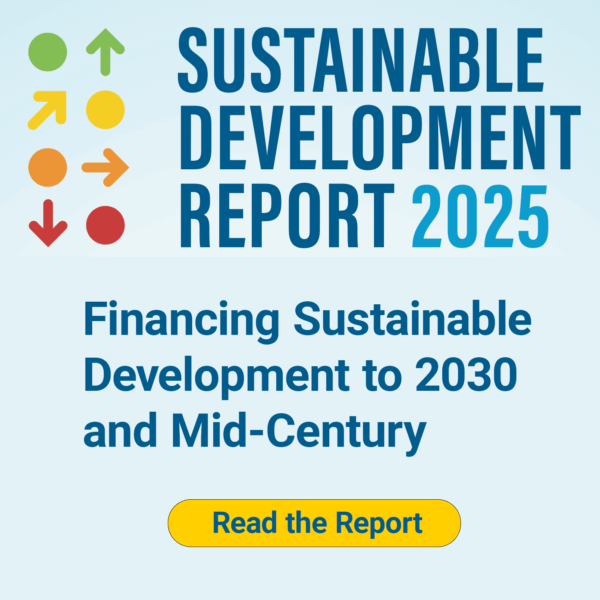Reversing the destructive forces of inequality
Economic development
COVID has exacerbated already deep inequalities between rich and poor.
If left unchecked, the forces creating inequality will become even more
destructive as the climate crisis starts to bite, threatening all of Agenda 2030. The world must urgently redouble efforts to reverse these trends













